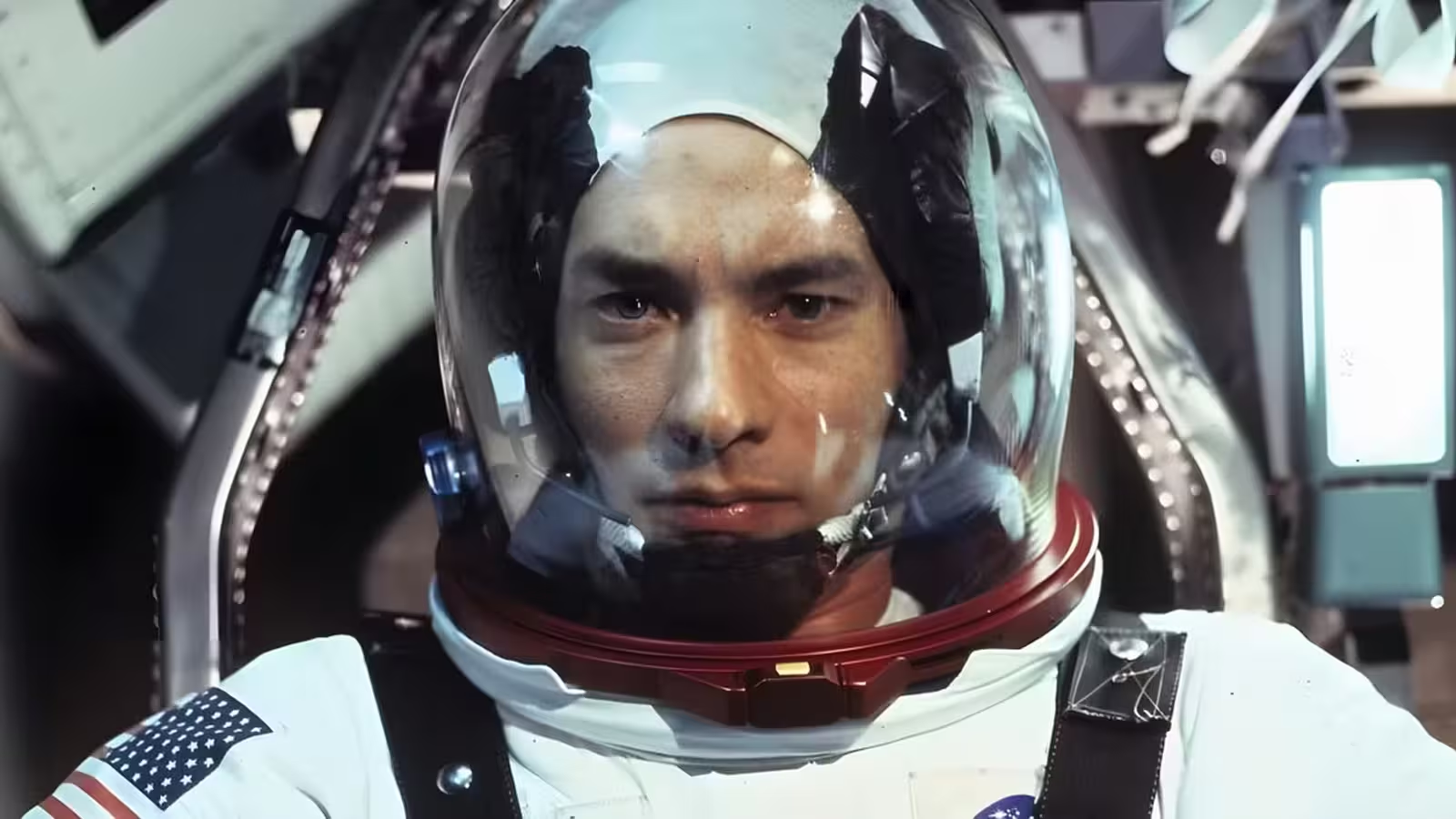5 Minutes
Remembering Jim Lovell: The Man Behind the Legend
Jim Lovell, the composed NASA commander whose leadership during the ill-fated Apollo 13 mission became a defining moment in space history and popular cinema, has died at 97. His family and NASA confirmed he passed at his Illinois home. Lovell’s calm problem-solving under extreme pressure not only saved three lives in 1970 but later inspired a generation of filmmakers and moviegoers worldwide.
The Real-Life Drama: Apollo 13 — From Mission to Survival
On April 11, 1970, Apollo 13 launched toward what was meant to be NASA’s third crewed moon landing. Commanded by Lovell, with Jack Swigert and Fred Haise aboard, the flight turned suddenly into a fight for survival when an oxygen tank exploded two days after liftoff. The crew abandoned the lunar landing and executed a tense free-return trajectory around the Moon to get back to Earth. Lovell’s leadership, technical skill and steady demeanor — including critical trajectory and power calculations under pressure — were central to the astronauts’ safe return.
Plot Summary: How Ron Howard Turned a Crisis into a Compelling Space Drama
Ron Howard’s 1995 film Apollo 13 dramatizes the mission’s shift from exploration to emergency. The movie follows the immediate panic in space, the improvised fixes inside the crippled lunar module, and the collaborative effort in Mission Control to bring the crew home. While the film tightens timelines and intensifies dialogue for cinematic effect, it preserves the core truth: Apollo 13 was a story of ingenuity, teamwork and human resilience.
Famous Line and Pop Culture
The oft-quoted line "Houston, we have a problem" has become shorthand for crisis in popular culture. In reality, the exchange on board was slightly different and more subdued — a detail the film adapted for dramatic clarity. Even so, the phrase helped cement Apollo 13’s place in both space history and movie lore.
Cast and Crew: The Film That Brought NASA to the Big Screen
Tom Hanks led the cast as Jim Lovell, giving a portrayal praised for its restrained heroism. The ensemble included memorable performances that brought NASA personalities and the emotional strain of families on the ground to life. Ron Howard’s direction, combined with strong production values, visual effects, and a focus on character-driven storytelling, turned a technical crisis into a human drama suitable for both fans of space history and mainstream audiences.
Production Details: From Technical Accuracy to Cinematic Tension
The filmmakers worked to recreate the cramped, perilous environment of the spacecraft and the hectic atmosphere of Mission Control. Practical effects, model work and careful attention to cockpit detail helped communicate the claustrophobia and stakes. While some scenes were compressed or adapted for dramatic flow, consultants and existing mission transcripts guided the production toward authenticity.
Critical Reception and Legacy
Apollo 13 received widespread critical acclaim for balancing technical accuracy with emotional storytelling. The film helped solidify the space movie as a genre that could be both educational and thrilling. Beyond awards and box office, its lasting impact lies in how it introduced millions to the human side of spaceflight and to the real people — like Lovell — behind the headlines.
Personal Reflections and Cultural Impact
For movie buffs and space enthusiasts alike, Apollo 13 remains a landmark: a biopic-style cinematic tribute that respects its source material while crafting a compelling narrative arc. Tom Hanks’ performance made Lovell accessible and sympathetic, and the film’s emphasis on teamwork, improvisation, and leadership resonates today.
Life After Flight: Lovell’s Legacy Off Screen
Born March 25, 1928, in Cleveland, Lovell flew on Gemini and Apollo missions and was among the first to orbit the Moon. After retiring from the Navy and NASA in the early 1970s, he remained an influential public figure, speaker and ambassador for aviation and space exploration. Lovell’s life has been retold in documentaries and miniseries, and he is survived by his children, grandchildren and great-grandchildren. His wife, Marilyn Lovell, who inspired poignant scenes in the movie, died in 2023.
Final Thoughts
Jim Lovell’s death closes a chapter on a life that bridged real-world heroism and Hollywood storytelling. For readers who love films, TV series and the arts, his story is a reminder of how cinema can amplify true human courage and bring complex historical moments to a global audience. His legacy will live on in the archives of space history and on screen whenever the tale of Apollo 13 is told anew.
Source: collider



Leave a Comment